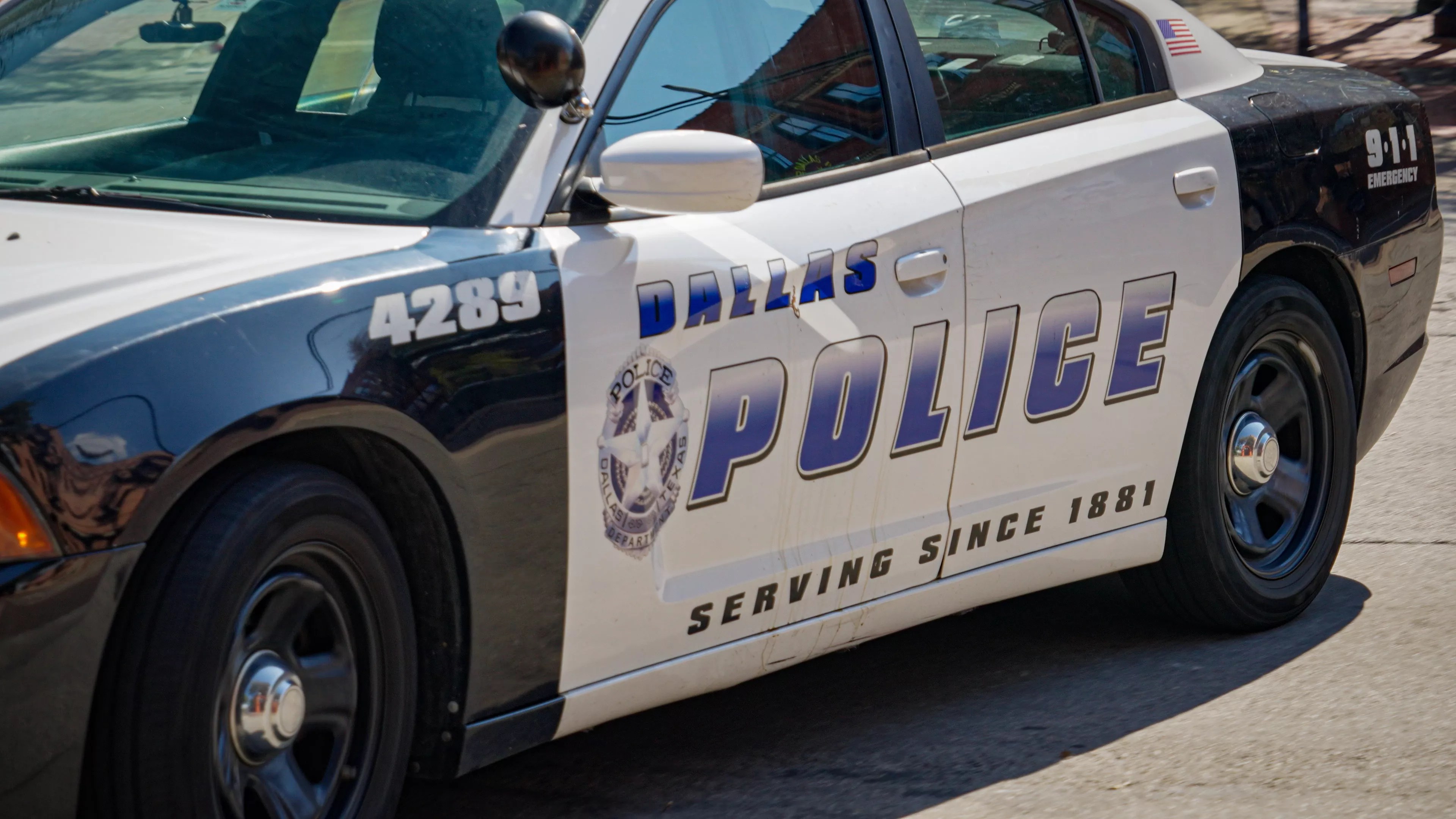
Adobe Stock

Audio By Carbonatix
The Dallas Police Department DPD placed three patrol officers on administrative leave in one week after all three were separately arrested for alcohol-related misdemeanor crimes: driving while intoxicated and public intoxication. The first officer, a patrolman with the Central Patrol Division, was arrested on June 10, the second officer, a patrolman with the Northeast Division, was arrested on June 11 and the third officer, an officer within the Unmanned Air Support Unit, was arrested on June 14. A total of six officers have been arrested this calendar year for similar offenses.
This isn’t anything new for Dallas police.
Alcohol abuse within the department was handled head-on in 2021 when after several officers were terminated for alcohol-related issues, an internal review found that officers felt the existing resources were not helpful, and so they weren’t used. In February of 2022, under the guidance of former Chief Eddie Garcia, the department introduced a new unit, the Officer Wellness Longevity Unit, or OWL. The unit is dedicated to offering mental health services and resources to officers, particularly for PTSD and substance use disorder.
“Thirty years ago, it wasn’t a popular thing for departments to say, ‘If you have some issues on this job, come forward – good, bad or indifferent,'” Garcia said about the new unit. “It was always, ‘You know what? You just need to suck it up and move on.’ And that way of thinking has to change.”
But that same year, 2022, six DPD officers were arrested by September for intoxication-related offenses, including public intoxication and driving while intoxicated, according to the Dallas Morning News. Garcia rolled out another program to encourage officers grappling with addiction to take the needed time to rehabilitate. The program, which still exists today, allows officers to take 30 days of paid leave to attend a rehabilitation program if they seek help before an arrest or policy violation.
“The concern for alcohol-related issues is real to me,” Garcia said to the Morning News in 2022. “It damages our officers’ personal and professional lives.”
But even with OWL and the 30-day paid leave program, officer intoxication arrests remain steadily unchanged. Perhaps that will change under the new chief.
“Chief [Daniel] Comeaux has made officer wellness a priority because it affects not only the officer or employee, but their coworkers, those they interact with in public, and their families,” said a Dallas police spokesperson. “Chief Comeaux and the command staff continue to push these resources because they work.”
Substance Abuse And Law Enforcement
Substance use disorder, particularly that of alcohol, among public safety officers has been long studied and is recognized as an industry-wide issue. The high correlation between the line of duty and substance use is commonly linked to the high-stress nature of first responder duties.
“Law enforcement is unique due to the occupational culture and regular exposure to stressors and trauma,” reads a page with substance abuse resources for officers on the U.S. Customs and Border Protection website. “These issues can increase the chances of engaging in unhealthy behaviors, such as overuse of alcohol, to provide a small relief from the stresses related to work.”
Officers May Not Ask For Help, Even When Resources Are Available
Stephanie Samuels, a licensed clinical social worker and founder of the anonymous help hotline CopLine, says that many struggling officers are scared to reach out even if their department offers services similar to Dallas’. At CopLine, all phone operators are retired police officers who can empathize with the struggles of officers still in the line of duty. As civilians, they are not mandated reporters. It’s an integral component of the organization’s business model, says Samuels.
“The reason why these officers needed to be retired has to do with confidentiality and the integrity of the lines,” said Samuels. “CopLine takes no state or federal money to truly ensure the confidentiality of COP Line… It really gives an extra layer of comfort for the caller to reduce both the barrier and the anxiety about reaching out for help.”
CopLine, which operates 24 hours a day, receives just under 4,000 calls each year, and Samuels says alcohol use is a common denominator for a lot of callers.
“It hasn’t been uncommon for CopLine to speak with officers who have been arrested for DUIs, and the anxiety that goes along with that,” she said. “That has probably been one of the more rewarding things because an officer who has been arrested has tremendous concerns about, obviously, whether or not they’re going to be able to continue to work.”
Samuel says, despite departmental efforts, the fear of consequences and occupational stigmas that prevent officers from seeking help still exist.
“The importance of reducing barriers is quite real,” she said. “No matter how far I think we’ve come in officer wellness, there is still not just a stigma, there’s truly a reality that is part of it. That is, officers can be subjected to fitness for duty exams, and officers who are struggling can face different hurdles within their own department. Their fear of losing their gun and badge is significant and still quite realistic.”
CopLine is not partnered with any police departments or agencies, intentionally, instead relying on donor support to avoid any conflict of interest for callers.
“We don’t care where they’re calling from, we just care that they call,” said Samuels.
The OWL Unit does offer anonymous support, and DPD says officers do not waste the program offerings.
“The Dallas Police Wellness Unit directs employees to a variety [of] resources, including counseling and addiction treatment, as well as resources for the employee’s family,” said the DPD spokesperson. “Additionally, the Wellness Unit proactively reaches out to employees involved in traumatic incidents to ensure they have the assistance they need. These resources, offered confidentially and voluntarily, are well-utilized across the Department.”